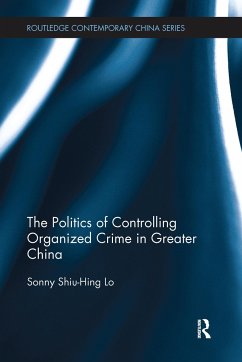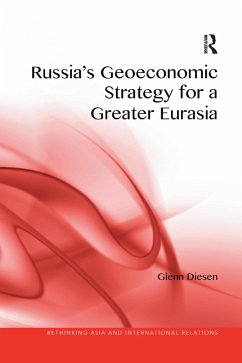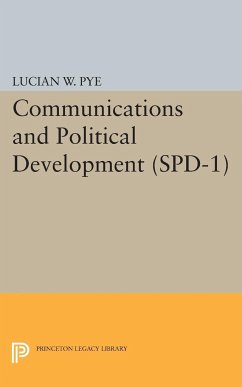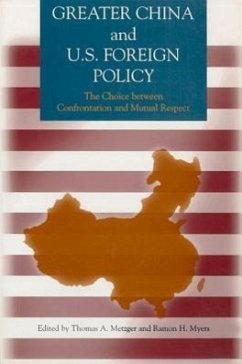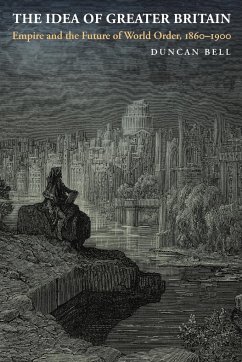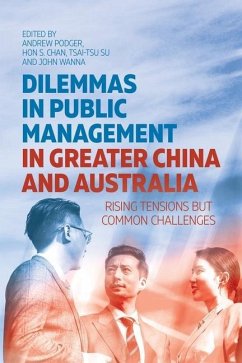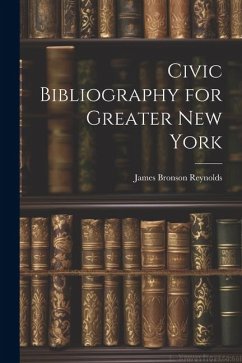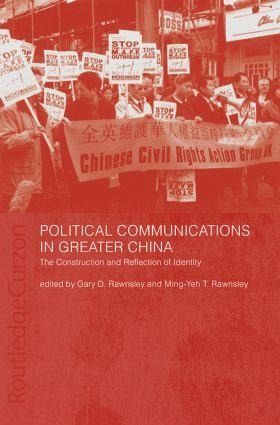
Political Communications in Greater China
The Construction and Reflection of Identity
Herausgeber: Rawnsley, Gary D.; Rawnsley, Ming-Yeh T.
Versandkostenfrei!
Versandfertig in 1-2 Wochen
60,99 €
inkl. MwSt.

PAYBACK Punkte
30 °P sammeln!
This book examines the role played by political communications, including media of all kinds - journalism, television, and film - in defining and shaping identity in Greater China; China, Hong Kong, Taiwan and overseas Chinese. In the context of increasing cross-border interactions of people, investment and commercial products between the component parts of greater China, the book explores the idea that identity, rather than nation-states or political entities, may be the key factor in achieving further integration in Greater China. The book focuses on the ways in which identity is communicate...
This book examines the role played by political communications, including media of all kinds - journalism, television, and film - in defining and shaping identity in Greater China; China, Hong Kong, Taiwan and overseas Chinese. In the context of increasing cross-border interactions of people, investment and commercial products between the component parts of greater China, the book explores the idea that identity, rather than nation-states or political entities, may be the key factor in achieving further integration in Greater China. The book focuses on the ways in which identity is communicated, and shows how communication of identity within and between the component parts of greater China plays a central role in bringing about integration.






